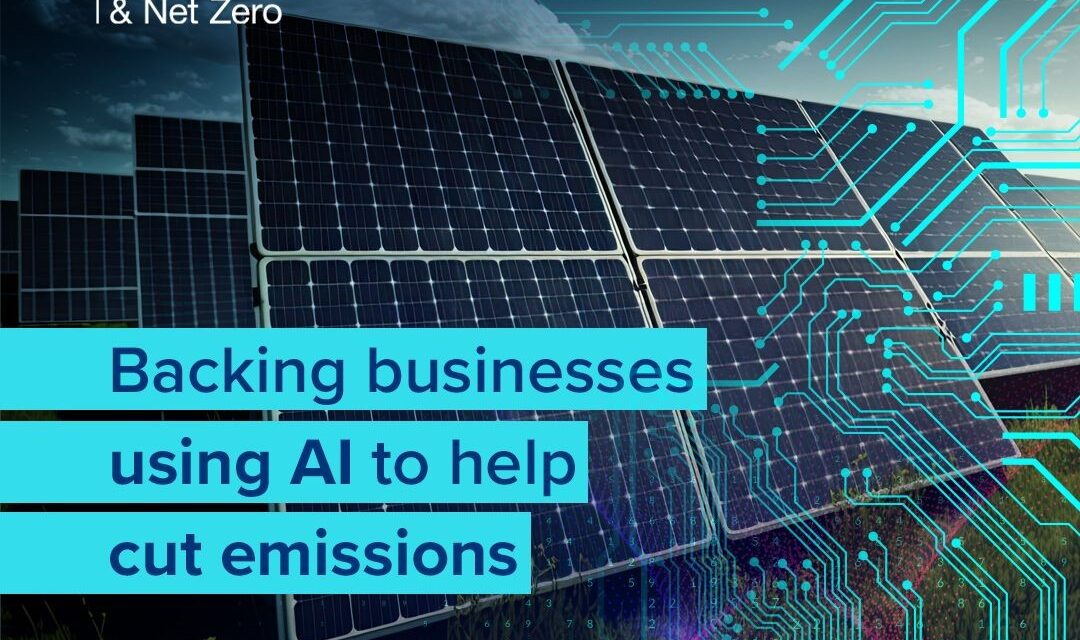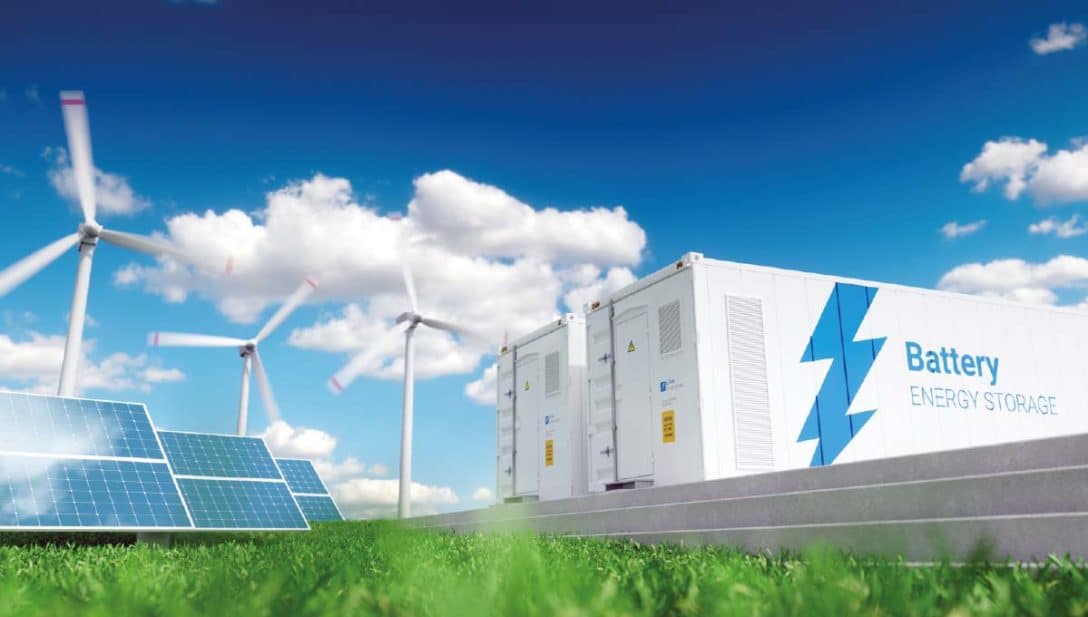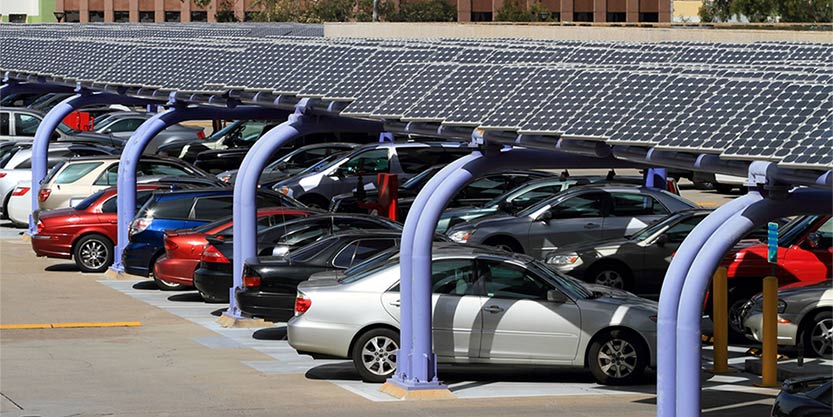DESNEZ awards OnGen AI funding
It’s a really exciting time for us at OnGen. The first few months of 2024 come with two major announcements – firstly, we were absolutely delighted to be the recipients of more than £300,000 in funding from the UK Government as part of the Artificial Intelligence for Decarbonisation Innovation Programme. Funding was awarded to UK...

















